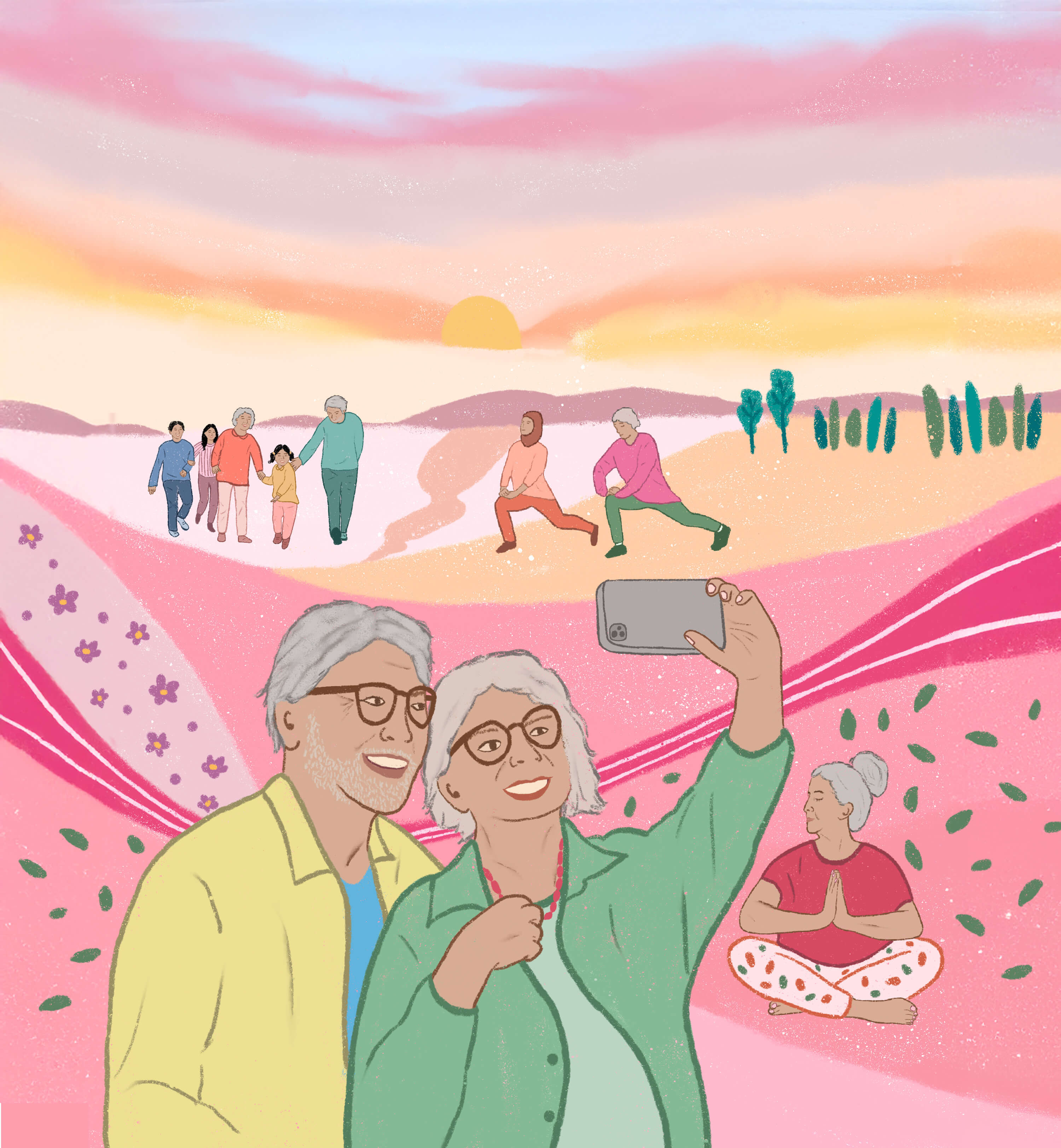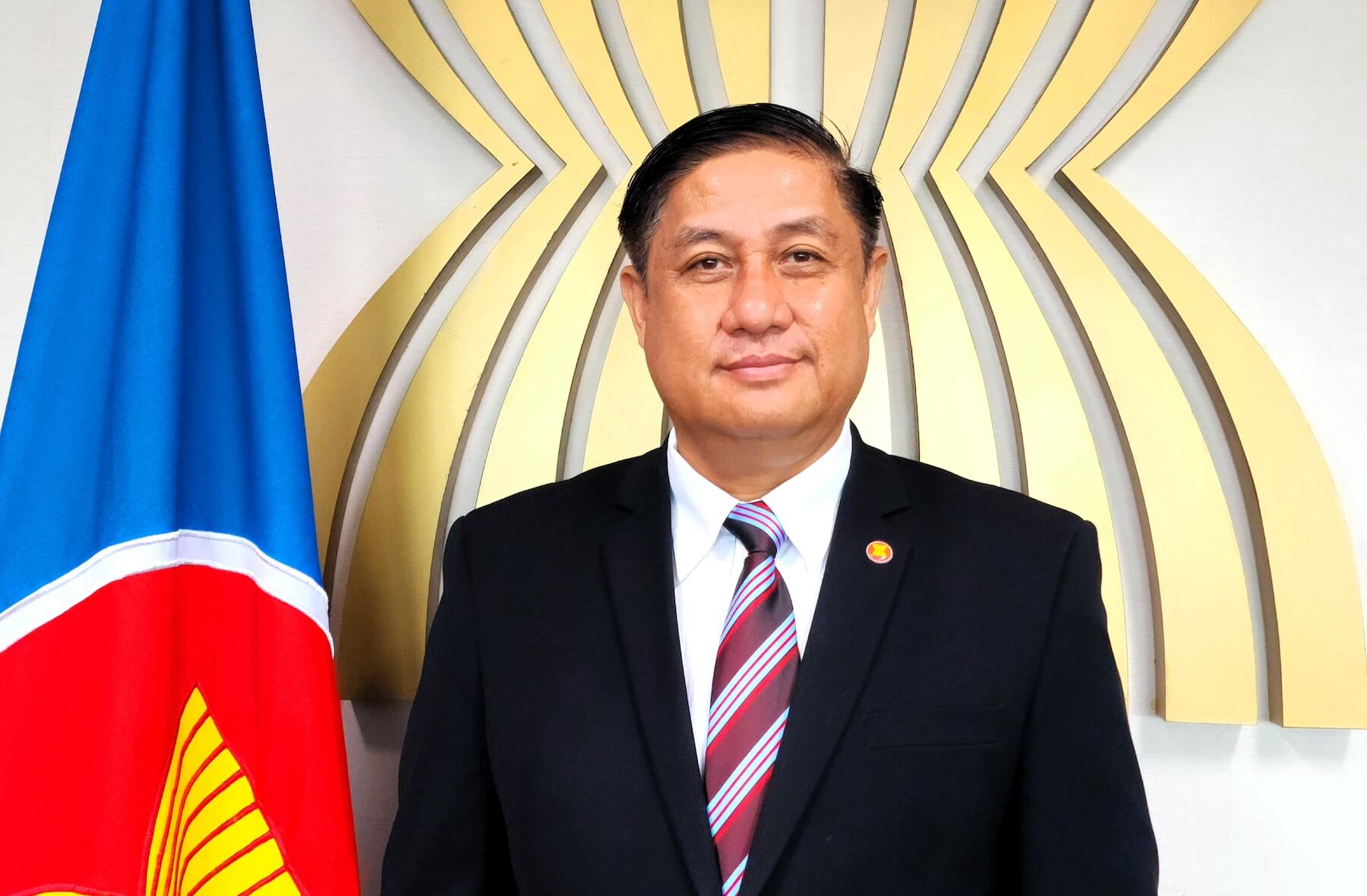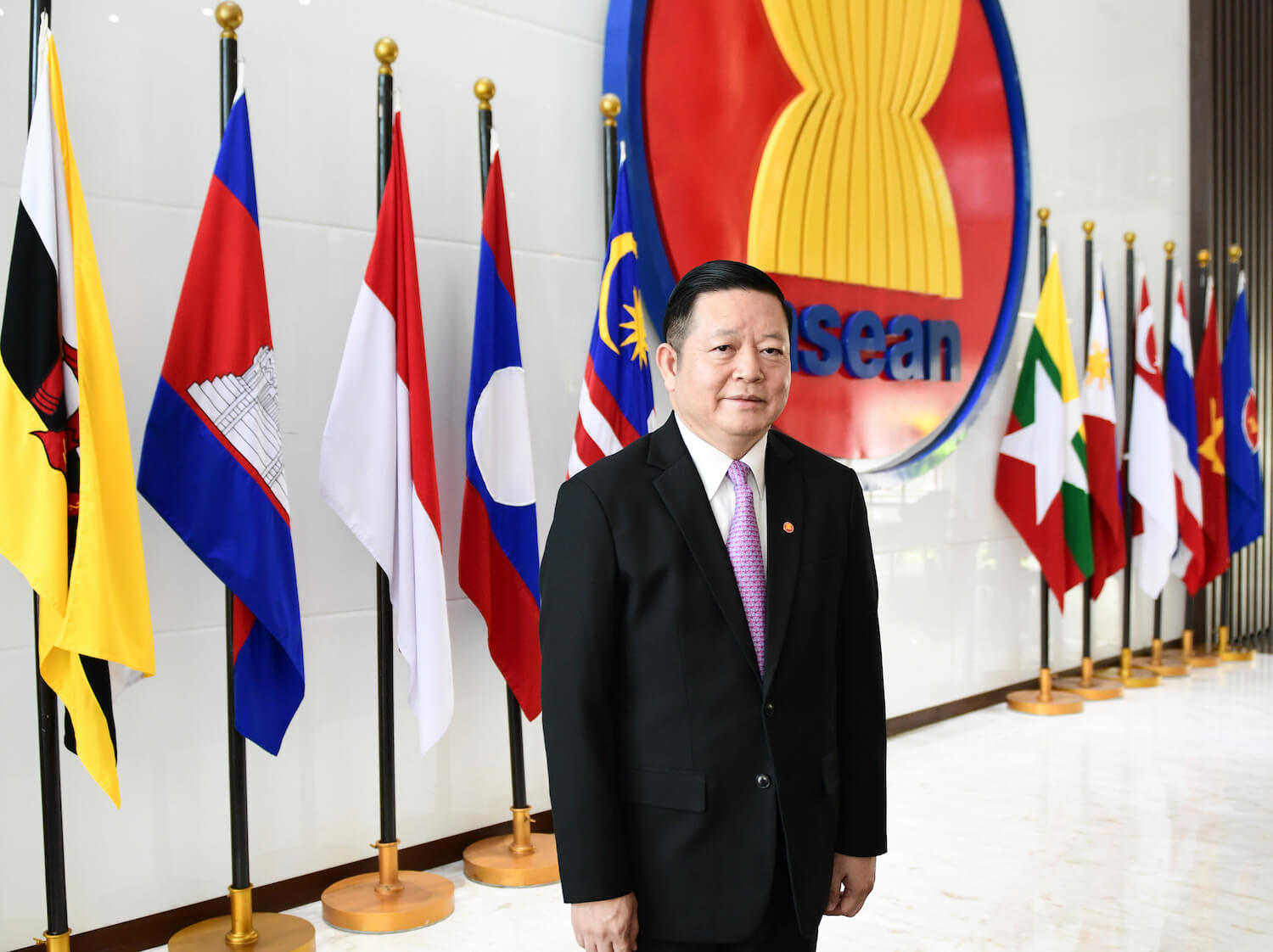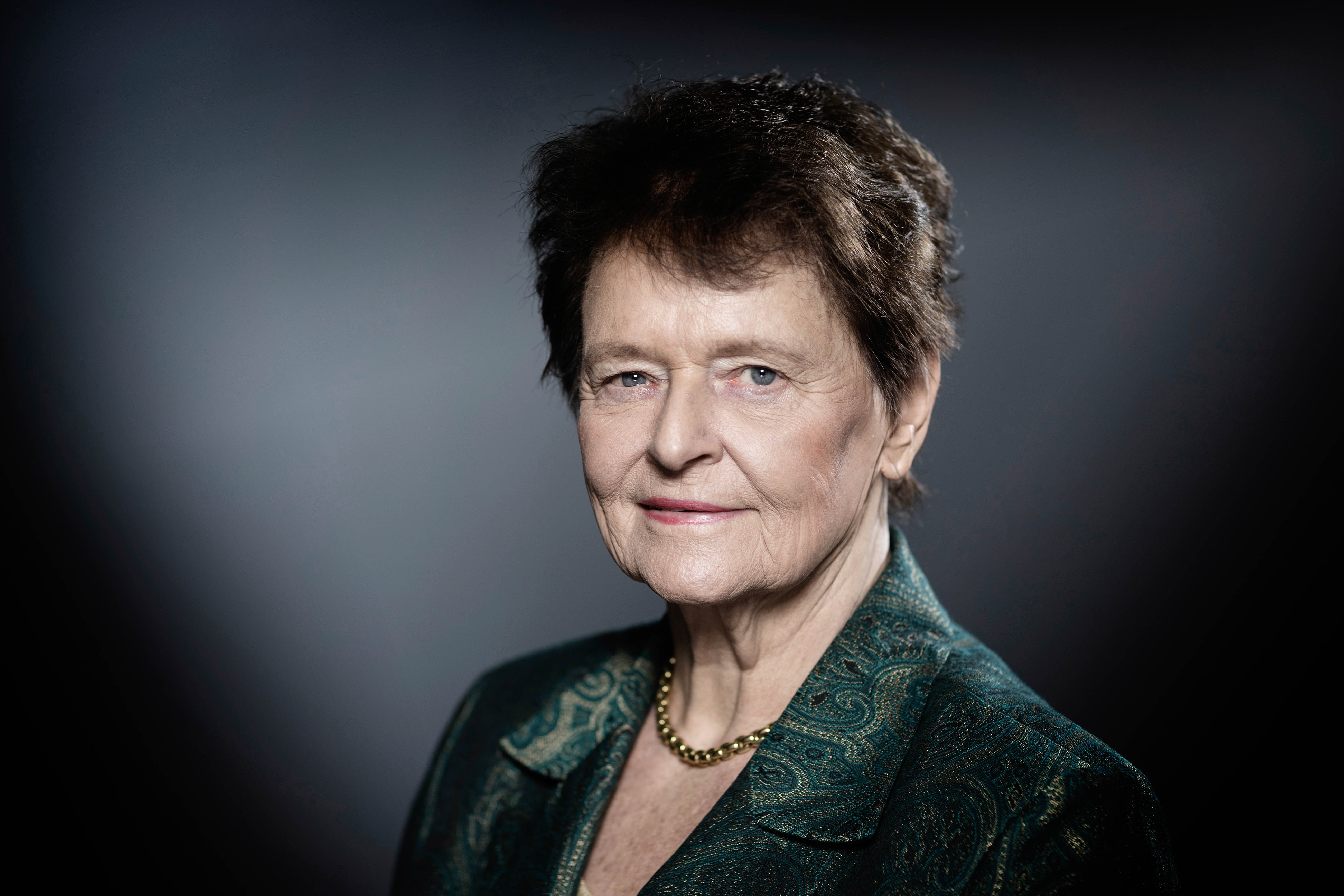


In 2013, Gibran Huzaifah introduced eFishery, a smart-feeding technology that modernised the feeding method for fish and shrimps, and in the process, transformed the lives of fish and shrimp farmers in Indonesia.
Once a fish farmer himself, Gibran says that feeding management is an essential factor in the aquaculture industry.With the help of technology, the farmers can ensure an efficient and effective feeding management.
For his innovation, Gibran, who studied biology at the Bandung Institute of Technology in Indonesia, has received numerous recognition, including the Forbes 30 Under 30 Asia 2017, Ernst & Young Entrepreneur of the Year (innovation category) 2018, and MIT Technology Review’s 2020 Innovators Under 35.
“I started my catfish farming business when I was still in college. During that time, I realised that feeding management was crucial because 80 per cent of the total cost production is allocated for feeding, yet many farmers still do hand feeding that is not effective and efficient. With hand feeding, the feed can’t be evenly spread out, so not all fish can get the same amount of feed which will make the size of the fish uneven. This becomes a problem since buyers usually have specific sizes they would like to purchase. The feeding dose is also a problem; if you underfeed, the fish will be malnourished, and if you overfeed, the nutrient runoff will pollute the water.
“Before I started eFishery, I saw how technology disrupted sectors like commerce, f inancial services, and media to strive and achieve more targets, significantly changing the way people transact, communicate, and study. But fish farming practice never changed in the last 30 years. I found it quite ironic that many innovations are developed to solve issues for urban citizens, like online shopping and food deliveries, but the essential sectors, such as agriculture and aquaculture, see almost zero digital innovation. This was necessary to do, and the problems needed to be solved.
“Moreover, Indonesia’s potential in the aquaculture sector is huge. We are the second largest aquaculture producer in the world, just behind China, and we’ve only utilised 7-9 per cent of the total aquaculture potential. Technology is the only way for us to realise that potential.
“Introducing the technology to the farmers was our biggest challenge. It took me months Photo Credit: © eFishery to convince them to try and use my product. They finally wanted to try, not because they believed in the technology but because they pitied me. Introducing our IoT (Internet of Things) technology to them was challenging because they were not regular users of the internet. I remember we had this Internet 101 with the farmers; we showed them how to create an email, use Facebook, get information from YouTube, and other stuff. I can proudly say that eFishery has played a crucial role in introducing the internet to the farmers.
“More importantly, we also improve the livelihoods of the fish and shrimp farmers in Indonesia using our technology. In the onger term, we would like to create an aquaculture ecosystem that is inclusive, profitable, and sustainable.
“We have grown so much. We have reached more than 180 cities across Indonesia and our eFisheryPoint (like a hub or satellite office of eFishery) is present in more than 85 cities. The farmers’ income has improved by 45 per cent, feed efficiency is up to 20 per cent, and their production capacity is up to 26 per cent. More than 55 billion Indonesian rupiah of loan has been disbursed and more than 800 farmers now have access to financing, enabling them to grow their business and provide better life for their families. We hope to bring the adaptation of our technology to other islands too, like Sulawesi and Kalimantan, to level the field so every farmer across Indonesia has the same access to the technology, f inancing, and markets. Our team also has quadrupled; they’re living across the country.
“We are continuously making improvements so farmers can get the best experience when using our technology. I regularly visit our farmers to know first-hand if they have anything to complain about. The insights from the farmers are useful to improve our products. We would like to focus on strengthening our core operations in Indonesia because the potential here is huge. We have done some pilot projects in Bangladesh, Thailand, and Viet Nam, and we’re looking forward to expanding there in the near future.
“About the recognition that I have received, they are more like a collective achievement rather than a personal achievement. I wouldn’t receive those awards if my co-founder and the whole team did not help me build eFishery, if my wife and family did not believe in me and support me. This serves as a reminder that I have been enabled by so many people, and in return, I would have to help and enable others, too.
“I think it’s important to give more space and opportunity for youth to explore and identify the potentials and challenges in this region and give them a platform to realise their ideas to overcome those challenges. For example, ASEAN has been a major producer of fish and other fisheries products. Combined, the 10 ASEAN countries account for a quarter of global fish production. Imagine if we can disrupt the aquaculture ecosystem throughout ASEAN with technology. We are really looking forward to being the super-app in the aquaculture industry.”
Interviewed by Novia D. Rulistia. The conversation has been condensed and edited for clarity. The views and opinions expressed in the text belong solely to the interviewee and do not reflect the official policy or position of ASEAN.








